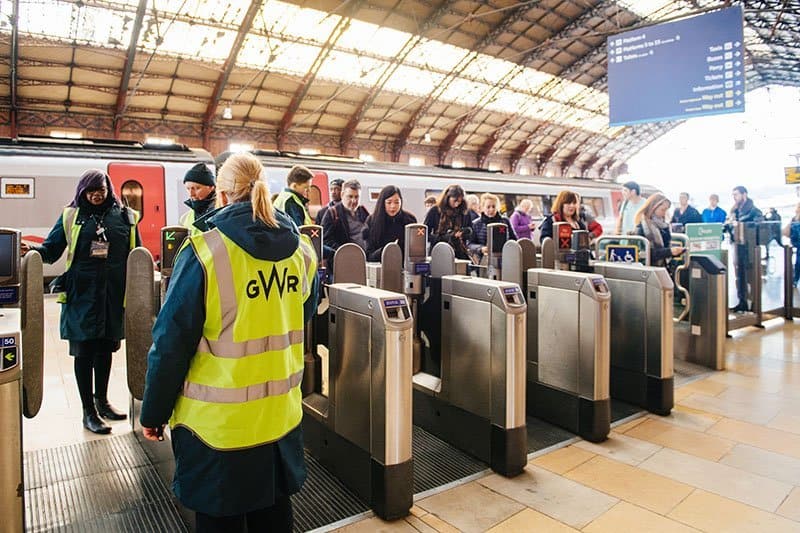It may soon be time to throw your Oyster card, MetroCard, or any other chip-based travel card in the bin.
In its latest report on Account Based Ticketing (ABT), ABI Research reports that the technology is going to continue to be a focal point among transportation authorities globally. The organizations will rely on ABT to address a wide array of emerging contactless ticketing requirements, including system cost reductions, new levels of automation, and the need for platform to expand ticketing acceptance to new types of devices.
“The primary benefit of an ABT system is its ability to allow transportation authorities to reduce ticketing operational costs, thanks to a back-end-centric approach that sends updates to a centralized location,” says Jonathan O’Flaherty, Research Analyst at ABI Research. “The system also collapses new device acceptance barriers by shifting the intelligence to the back-end, replacing the intelligence, previously held on front-end credentials/devices, with a unique identifier.”
Considered a device-ubiquitous system, industry officials see ABT as a platform that will allow a transportation authority to expand ticketing acceptance to mobile and wearable devices. This, in turn, will lead to continued speculation concerning the market viability of the traditional contactless smart card, which ABI Research estimates had a worldwide installed base exceeding 715 million in 2016. An ABT system will also enable transportation authorities to utilize added value strategies through feature rich devices, while discovering new revenue opportunities that may have otherwise remained out of reach.
“Transportation authorities make no secret in their desire to reduce the associated costs of ticketing issuance and ongoing maintenance,” continues O’Flaherty. “But an ABT system will not necessarily spell the end of the traditional contactless smart card. Transportation authorities will still need to cater to the many commuters who are either unbanked, do not feel comfortable with a transportation authority holding their banking details, or simply do not wish to use a mobile or wearable device for ticketing purposes.
ABI Research predicts that leading vendors within the supply of contactless ticketing smart cards, including ASK, G&D, Gemalto, Oberthur, and Watchdata, will closely monitor ABT developments.
“With ABT, transportation authorities will continue to offer legacy smart card acceptance, while expanding their acceptance capabilities to new devices,” concludes O’Flaherty. “The new devices will present transportation authorities with more commuter touchpoint opportunities. The rich form factors will help transportation authorities to offer new and innovative services in near real time, tailor services and offers to individuals, and shift from a simple transactional journey model to an interactive service-based one.”
These findings are from ABI Research’s Account Based Ticketing report.






